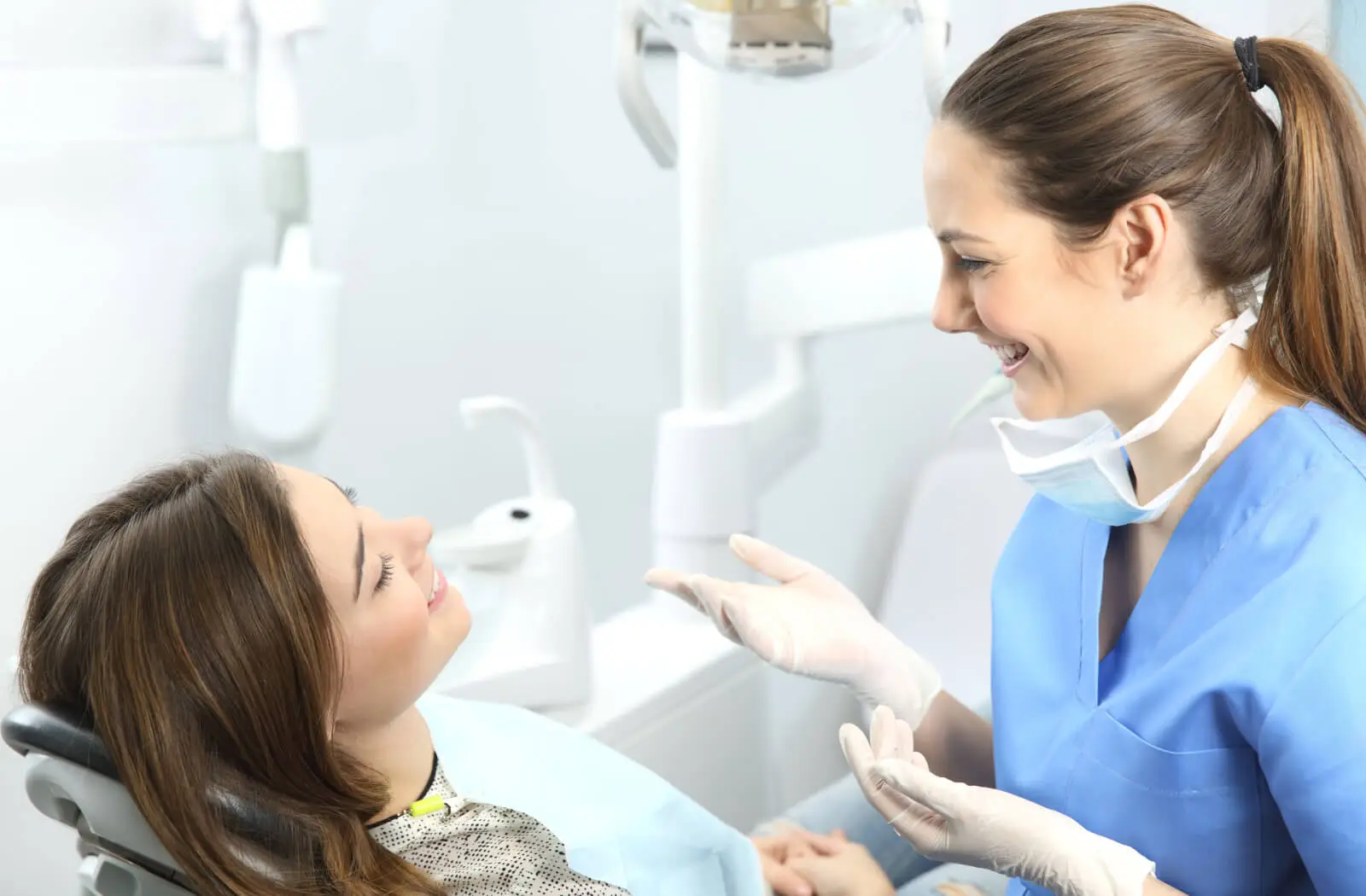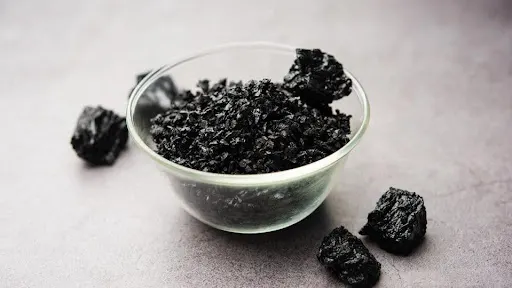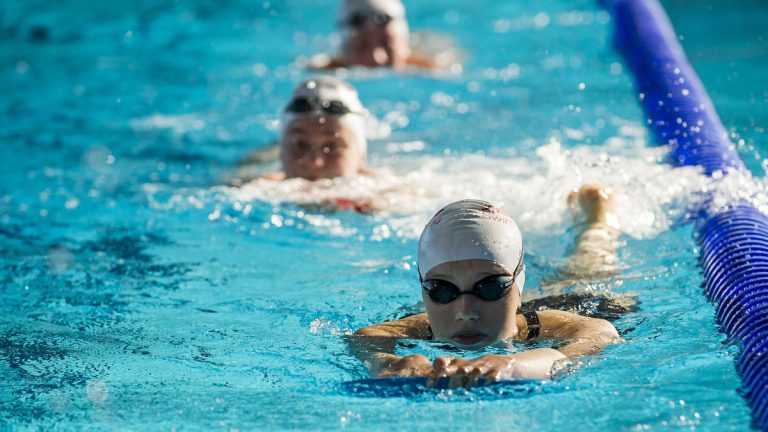Why No Dairy After Dental Implant Surgery? A Comprehensive Guide

Contents
- 1 Introduction: Embracing a Dairy-Free Journey for Dental Health
- 2 Why is Dairy Not Recommended After a Dental Implant Procedure?
- 2.1 The Risks of Consuming Dairy After Getting Dental Implants
- 2.2 Navigating the Duration: How Long to Avoid Dairy After Implants
- 2.3 Fact or Myth?
- 2.4 Identifying High-Risk Dairy Products Post-Implants
- 2.5 What Type of Diet Should I Consider After Implant Surgery?
- 2.6 Foods to Avoid After Dental Implant Surgery
Introduction: Embracing a Dairy-Free Journey for Dental Health
Embarking on the path to dental implants marks a transformative journey towards a confident, radiant smile. It’s a time filled with anticipation and hope. As experts in oral health, we understand that the recovery phase is crucial. This is why we recommend a temporary pause on dairy products post-surgery, not just as a precaution, but as a stepping stone towards optimal healing.
Why is Dairy Not Recommended After a Dental Implant Procedure?
After dental implant surgery, your mouth becomes a sanctuary for healing. Dairy products, although nutritious, can host bacteria that might compromise this healing sanctuary. They also have the potential to cause inflammation, which is counterproductive to the delicate healing process of your new implant.
The Risks of Consuming Dairy After Getting Dental Implants
Dairy products, especially those that are not pasteurized, can harbor harmful bacteria. Introducing these bacteria to a healing implant site increases the risk of infection, potentially jeopardizing the success of the implant.
The recommended time frame for avoiding dairy varies, but generally, a period of one to two weeks post-surgery is advised. This duration allows your implant site to initiate the healing process undisturbed.
Fact or Myth?
Debunking Dental Diet Myths The recommendation to avoid dairy after dental implant surgery often raises questions: Is it a fact or just a myth? Scientifically speaking, this advice is rooted in fact. The rationale lies in minimizing the risk of infection and inflammation at the implant site. Dairy products, particularly those that are unpasteurized, can harbor bacteria and other pathogens that may compromise the healing process. So, while it might sound like just another dental myth, the advice to avoid dairy post-implant surgery is a fact based on medical reasoning to ensure your recovery is as smooth and risk-free as possible.

Identifying High-Risk Dairy Products Post-Implants
Certain dairy products like soft cheeses and unpasteurized milk pose a higher risk due to their higher bacterial content. It’s best to steer clear of these to safeguard your dental health.
Exploring Dairy-Free Alternatives for Dental Implant Recovery
There’s a bounty of nutritious, dairy-free options that can aid in your recovery. Foods rich in vitamins and minerals, such as leafy greens, fruits, and plant-based milk, can be excellent alternatives.
What Type of Diet Should I Consider After Implant Surgery?
Post dental implant surgery, your diet should focus on promoting healing and avoiding any complications. A soft, nutrient-rich diet that minimizes chewing and stress on the implant site is ideal. Incorporate foods like smoothies, broths, steamed vegetables, and soft fruits. Protein sources should be easy to chew, like tofu, eggs, or soft-cooked fish. Additionally, it’s important to stay hydrated and avoid extreme temperatures in foods and drinks to prevent irritation of the sensitive surgical area. This carefully curated diet not only aids in a swift recovery but also ensures that the implant area remains undisturbed and infection-free.
Personalizing Your Diet: Single vs. Multiple Dental Implants
The dietary approach may slightly vary depending on whether you have a single implant or multiple. In any case, the avoidance of dairy remains a constant recommendation for the initial recovery phase.
Exceptional Cases: When Dairy Might Be Permissible
Understanding the Exceptions In some cases, your dentist might allow certain low-risk dairy products. This is usually determined based on your individual healing progress and overall oral health.
Points to Ponder:
Dairy and Oral Health Post-Implant Surgery: The Connection
Long-term, consistent dairy consumption can influence oral health. Post-implant, it’s crucial to understand this connection to maintain both the health of your implant and your overall dental hygiene.
Safety of Non-Dairy Alternatives Post-Surgery
Most non-dairy alternatives are safe and beneficial post-surgery. They can provide the necessary nutrients without the risks associated with dairy.
Nutritional Considerations for Post-Implant Surgery Patients
A balanced diet is key to recovery. Ensuring you get enough protein, vitamins, and minerals is crucial, and can easily be achieved without dairy.
The Consequences of Reintroducing Dairy Too Soon
Introducing dairy too early can lead to complications such as infection or delayed healing. It’s important to follow your dentist’s guidelines strictly.
Recognizing Adverse Reactions to Dairy Post-Surgery
Be aware of signs such as increased pain, swelling, or redness, which might indicate a negative reaction to reintroducing dairy.
Consistency in Advice: Dairy Restrictions Across Different Implants
Regardless of the type of dental implant, the advice to temporarily avoid dairy remains consistent, emphasizing its importance in the healing process.
Expert Advice: Dental Professionals on Post-Implant Dairy Consumption
Dental professionals universally agree on the temporary avoidance of dairy post-implant. This consensus is rooted in a deep understanding of oral health and implantology.
Foods to Avoid After Dental Implant Surgery
Post-implant surgery, it’s crucial to avoid certain foods that can hinder the healing process. Hard or crunchy foods like nuts, chips, and raw vegetables should be avoided as they can exert undue pressure on the implant site. Sticky foods like caramel and chewing gum are also not recommended as they can dislodge the implant. Additionally, extremely hot or cold foods and drinks should be avoided as they can cause discomfort. And, as discussed, dairy products, especially unpasteurized ones, should be avoided to reduce the risk of infection and inflammation.

Why No Dairy After Dental Implant?
The recommendation to avoid dairy after dental implant surgery is primarily to reduce the risk of infection and inflammation. Dairy products, especially those that are unpasteurized, can contain bacteria that may be harmful to a healing wound. Consuming dairy can introduce these bacteria to the implant site, potentially leading to complications like infection or delayed healing. Moreover, some dairy products can cause mucus buildup, which might be uncomfortable during the healing process. By avoiding dairy, you provide an optimal environment for your implant to heal, ensuring the longevity and success of the procedure.
Frequently Asked Questions
Can I consume lactose-free dairy products after surgery?
Typically, it’s not just lactose but the potential bacterial content in dairy that poses a risk, so lactose-free products are usually also avoided.
What are some high-protein, dairy-free foods recommended post-surgery?
Foods like tofu, legumes, and nuts are great high-protein, dairy-free options.
Can I return to my normal diet after the no-dairy period?
Yes, once your dentist gives the go-ahead, you can gradually reintroduce dairy and return to your regular diet.
Conclusion:
Embracing a Healthy, Dairy-Free Recovery Path Your journey to a brighter smile doesn’t end with the implant surgery. It’s a path paved with care and informed choices, including the temporary avoidance of dairy. This journey, although brief, plays a pivotal role in ensuring the longevity and success of your dental implants. Trust in the process, and you’ll be rewarded with a lasting, radiant smile.
Read Also Improve Your Mental Health

Robert Anderson
Many people think being famous is the best thing ever. But not every dream is good for us. I found what I love doing most – blogging. And guess what? I am happier than any famous person. My name is Robert Anderson. I take care of a website called CelebsToWiki where we share info about famous people and how everyone around the globe is connected. If you have any questions, just send me a message on our website’s contact page.





